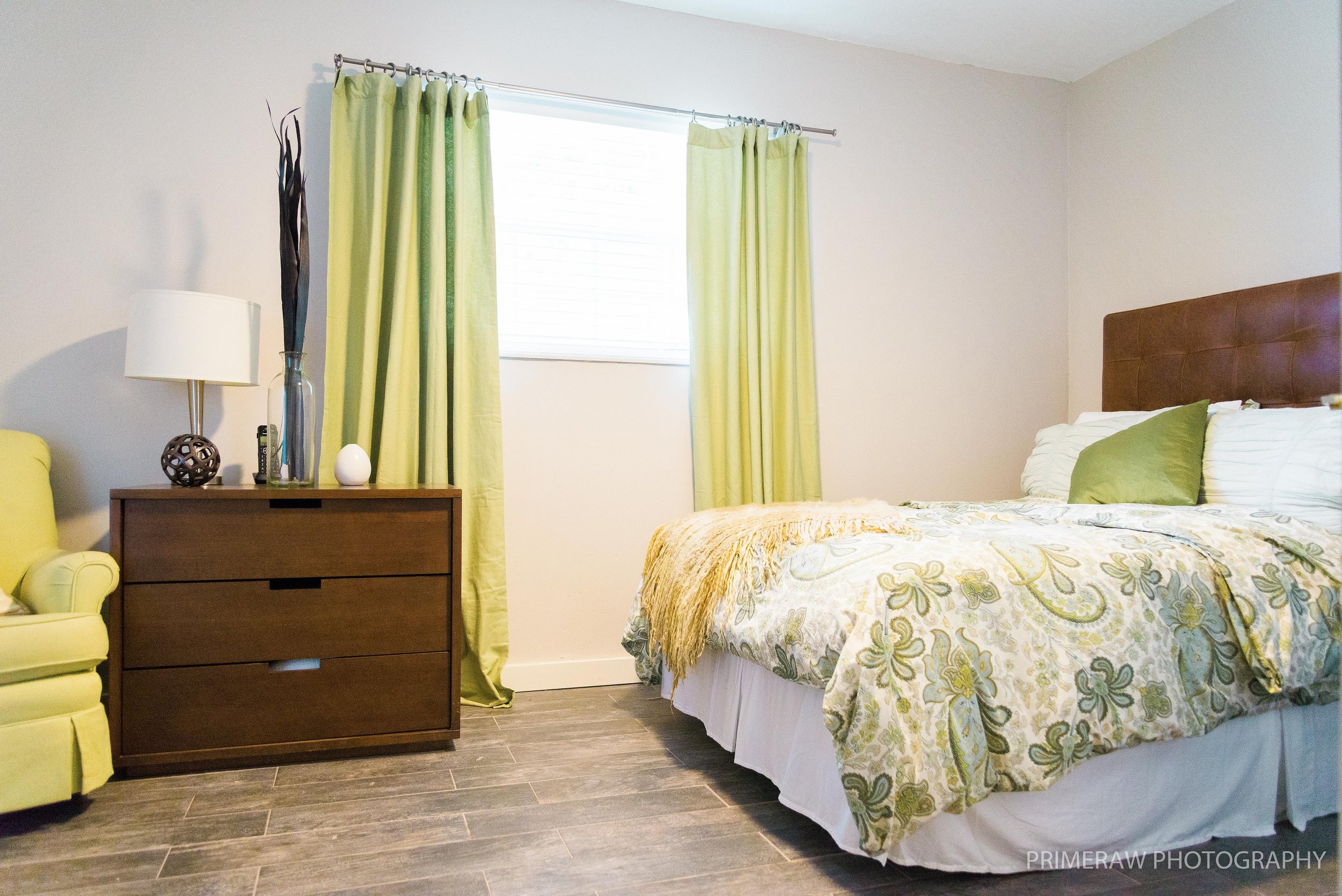Miami’s Natural Birthing Center Near You
Preparing for Natural Labor and New Birth
Births at Magnolia Birth House are natural – meaning not just vaginal, but also unmedicated. We do not offer access to IV pain relief, epidurals, or nitrous oxide at the birth center. This means that if you want to birth at our natural birthing center, it is wise to educate yourself on what to expect and how to best cope with discomfort and pain during labor. The best way to do this if you have not given birth naturally before is to take a childbirth education class and consider hiring a birth doula to support you. Many parents find that with education and support, having a natural birth is an incredibly empowering experience!
Admittance at our Natural Birth Center
For some people, it is obvious when labor starts and they know immediately that it is time to come to our birth center. However, during natural birth, labor may ebb and flow and include a period of contractions that do not really progress into active labor, making it unclear when the right time to come in is. You will be encouraged to remain in touch with your midwife so that you can decide together when it might be a good idea to come in. If your contractions still seem like very early labor (and you do not have a history of fast labor) your midwife might advise you to stay home for a few more hours before coming into the birth center. She might advise you to first rest, breast pump, go for a walk, take a shower, or use a birthing ball to induce labor if it seems appropriate for your situation. Admittance to the birth center is a collaborative decision between you and the midwife when your labor and birth start!
Transferring During Labor
Occasionally, transfers to the hospital during labor become necessary. This happens more frequently during first births, partially due to the tendency to have longer labor the first time. Overall the research shows the rate of transfer to the hospital during labor seems to be about 9-13% (Vedam, Leeman, Cheyney, Fisher, Myers, Low & Ruhl, 2014). We typically discuss a “just in case” transfer plan during prenatal visits and our hospitals of choice in case transfer becomes necessary. During the course of labor, we keep you informed of any complications that might be developing which would require transfer. Generally, these situations are not emergencies and transport can take place in your private vehicle. The midwife will accompany you to the hospital in these cases and will ensure that the staff receives your medical records and is debriefed about your labor up to that point.
Research shows the rate of transfer to the hospital during labor seems to be about 9-13%
We support parents in healthy, low-intervention, natural birth experiences. This means that we monitor the progress of labor and ensure that both the parent and the infant are safe throughout the birthing process. We know that natural birth works best when undisturbed – therefore we won’t interfere with your body’s natural process unnecessarily. When you choose to give birth in our home-like birth center, you are choosing to birth in a calm, low-stress, and supportive setting.
“Warm, welcoming, comfortable and beautifully designed. I want to have my next baby here!
”
Midwifery Care During Natural Birth & Labor
We believe strongly in freedom of movement in labor, and know that periodic position changes help the process along in the most efficient way possible. During labor, the midwife will regularly listen to the baby’s heartbeat using a handheld device called a doppler, which allows her to monitor the baby’s well-being while you are moving about freely (without having to constantly wear a fetal monitor).
Once you are admitted to our natural birthing center, you will receive one-on-one care from the midwife and her assistant(s) whether your labor lasts 4 or 40 hours. Because labors can vary in length and intensity, the midwife will alternate her clinical duties (such as charting, taking your vitals, checking on your labor progress, and monitoring the baby’s heartbeat) with resting so that she will be alert and ready in case of any complications that may arise during your labor and natural birth.
Occasionally the midwife may use herbal remedies, homeopathic remedies, or medications to manage any complications. Our birth center is equipped with all the necessary remedies and instruments to manage the most common natural birth complications including:
oxygen
medications for excessive bleeding
neonatal resuscitation equipment
IV supplies
suturing instruments.
Free Consultation
Please fill out our intake form to access a free consultation
How Much Does a Water Birth Cost?
The only extra cost for a water birth with Magnolia Birth House is the tub rental fee of $75, which covers the liner and hose. All of the other prices are the same for our childbirth services.
Natural labor and birth is carefully supported with Magnolia Birth House.
Contact Us Today!
Feel free to email: info@magnoliabirthhouse.com or call 786.953.6534 to connect with our team and learn more. We look forward to providing you a joyful birth.
Sources:
Vedam, S., Leeman, L., Cheyney, M., Fisher, T., Myers, S., Low, L.K., Ruhl, C. (2014). Transfer from planned home birth to hospital: Improving interprofessional collaboration. Journal of midwifery and women’s health, 59, 624-634. Retrieved from //www.ncbi.nlm.nih.gov/pubmed/25533708






